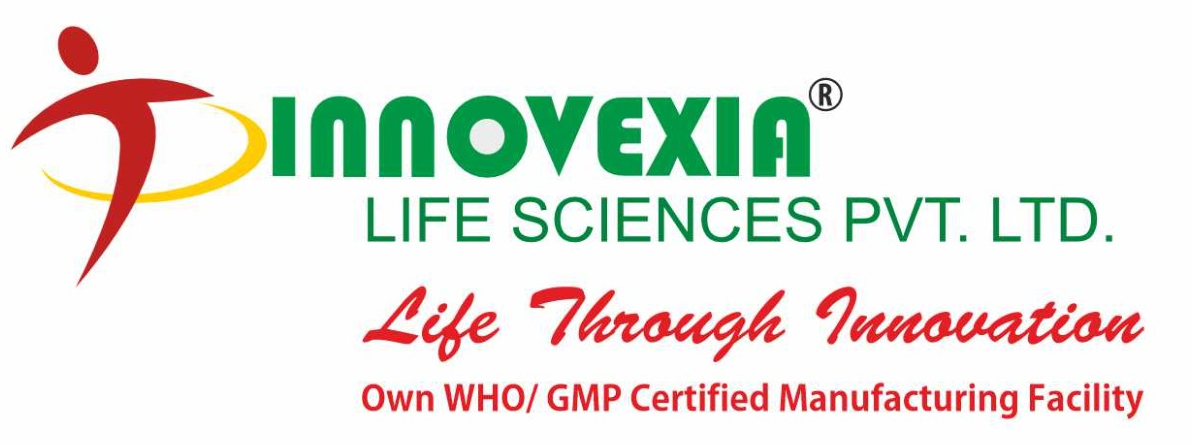Title: Emerging Trends of Diseases in India and Pharma Franchise Business Opportunities to Combat Them
Abstract:
The healthcare landscape in India is continuously evolving, with new disease trends emerging and challenging the nation’s healthcare system. This article explores the latest emerging trends of diseases in India and the potential pharma franchise business opportunities that arise to address these health challenges. We examine the demand for innovative pharmaceutical products and the advantages of establishing a pharma franchise business to contribute to the nation’s healthcare infrastructure.
1. Introduction:
India’s diverse population, lifestyle changes, and environmental factors contribute to the ever-changing disease patterns in the country. Emerging diseases pose significant challenges to healthcare providers and pharmaceutical companies alike. Pharma franchise businesses can play a crucial role in addressing these emerging health issues by expanding access to innovative medicines and medical solutions across India.
2. Latest Emerging Disease Trends in India:
a. Non-Communicable Diseases (NCDs): The rise of non-communicable diseases, including diabetes, cardiovascular diseases, respiratory disorders, and cancers, is a growing concern in India. Lifestyle changes, urbanization, and an aging population contribute to the prevalence of NCDs.
b. Mental Health Disorders: Mental health issues, such as depression, anxiety, and stress-related disorders, have seen a surge in recent years. Improved awareness and reduced stigma have led to increased reporting and diagnosis of mental health conditions.
c. Infectious Diseases: Despite significant progress in controlling infectious diseases, new challenges arise due to emerging infections and antimicrobial resistance. Diseases like dengue, chikungunya, and antibiotic-resistant infections demand novel pharmaceutical interventions.
d. Rare Diseases: India is witnessing an increased recognition of rare diseases and their impact on affected individuals and their families. Access to specialized medicines and therapies is a pressing need in this domain.
3. Pharma Franchise Business Opportunities against Emerging Diseases:
a. Niche Therapeutic Areas: Pharma franchise businesses can focus on niche therapeutic areas, such as oncology, immunology, and neurology, to cater to the rising demand for specialized medicines for chronic and complex diseases.
b. Innovative Formulations: Developing and distributing innovative drug formulations, including sustained-release formulations and combination therapies, can provide a competitive edge in the market.
c. Personalized Medicine: With advancements in genomics and personalized medicine, there is a growing need for tailored treatment options. Pharma franchises can collaborate with companies that offer personalized therapeutic solutions.
d. Biologics and Biosimilars: The demand for biologics and biosimilars is increasing due to their potential in treating various diseases. Pharma franchises can explore partnerships with companies specializing in these areas.
4. Advantages of Pharma Franchise Business Model:
a. Established Brand and Product Range: Partnering with a reputed pharma company through the franchise model provides access to an established brand and a diverse range of pharmaceutical products.
b. Marketing and Sales Support: Pharma franchises benefit from marketing and sales support provided by the parent company. This includes promotional materials, medical literature, and assistance in organizing medical events and conferences.
c. Reduced Risk: The franchise model allows entrepreneurs to enter the pharmaceutical sector with reduced risk, as they can leverage the experience and expertise of the parent company.
d. Flexibility and Local Presence: Pharma franchises have the flexibility to adapt their business strategies according to regional market demands while maintaining a local presence to cater to specific patient needs.
5. Challenges and Mitigation Strategies:
a. Regulatory Compliance: Adherence to complex regulatory requirements is crucial in the pharmaceutical sector. Pharma franchises must stay updated with the latest guidelines to ensure compliance.
b. Supply Chain Management: Efficient supply chain management is essential to maintain product availability and timely distribution. Franchisees should collaborate with reliable logistics partners.
c. Market Competition: The pharmaceutical industry in India is highly competitive. Pharma franchises must differentiate themselves by focusing on quality, customer service, and innovative product offerings.
6. Conclusion:
The latest emerging disease trends in India present both challenges and opportunities for the pharmaceutical sector. Pharma franchise businesses have the potential to address these health challenges by collaborating with established pharma companies and providing innovative, specialized, and patient-centric pharmaceutical solutions. As India’s healthcare needs continue to evolve, the pharma franchise business model will play an increasingly critical role in meeting the demands of the nation’s growing population and improving overall healthcare outcomes. Entrepreneurs seeking to enter the pharmaceutical sector should carefully assess the disease trends and market dynamics to make informed decisions and contribute meaningfully to India’s healthcare infrastructure.

